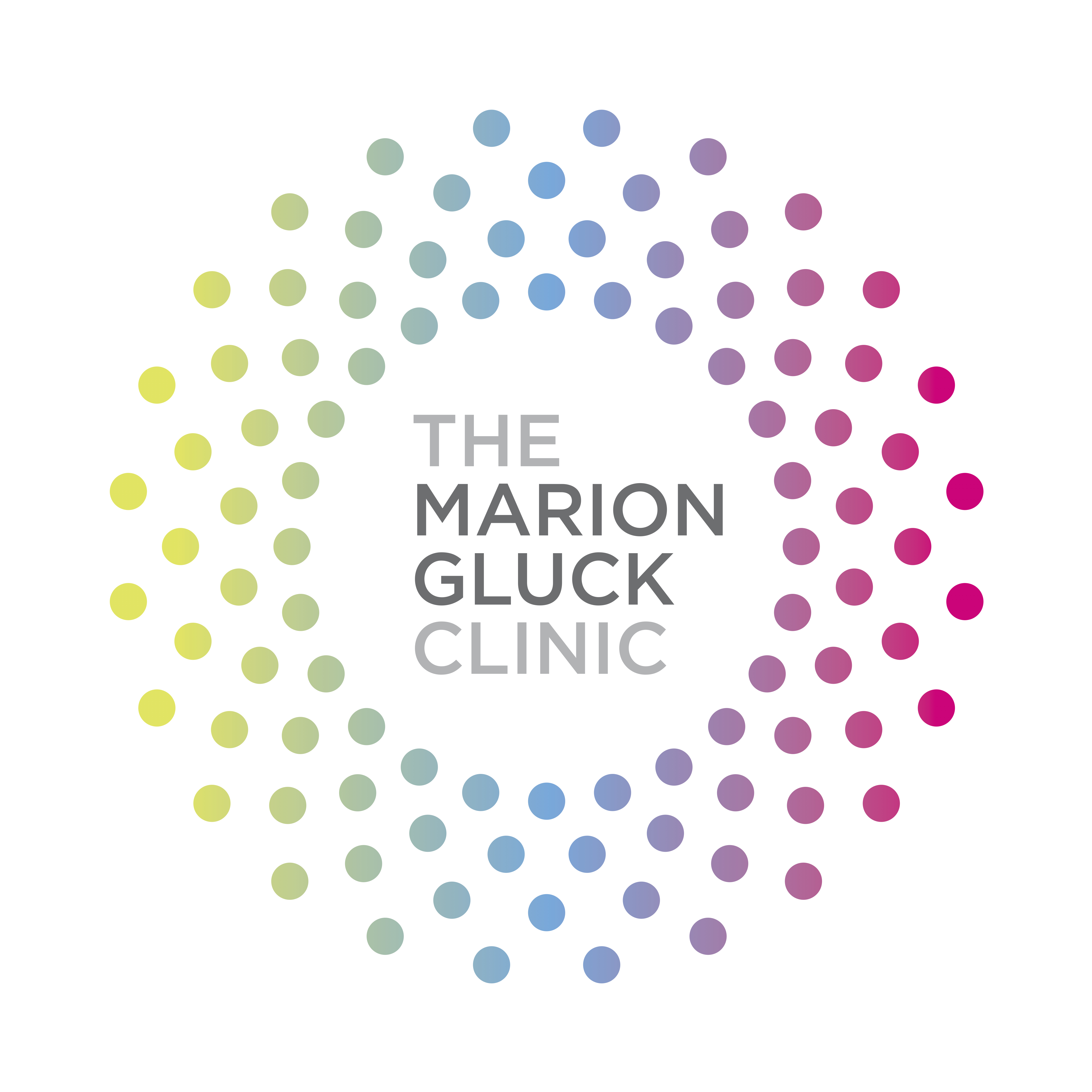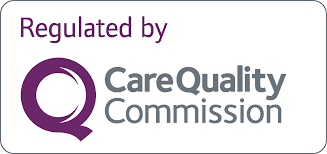What Is PMS?
Most women are no strangers to premenstrual syndrome (PMS). Annoying, distressing and, worse of all, occurring on a monthly basis, PMS is a common condition that can make life downright horrible.
But what exactly is PMS? What are its symptoms? And, most importantly, how can you alleviate the symptoms of your PMS? Here at Hormones and You, we’ve got the answers. Let’s get started.
What is PMS?
PMS is a catch-all term that describes a number of emotional and physical symptoms that develop in the interval between ovulation (when your ovaries release your eggs) and before the arrival of your menses — yes, the period before your period.
While there is no definite cause of PMS, it is thought that, during this time, unless you’re pregnant, your oestrogen and progesterone levels drop dramatically. As a result, your body gets thrown into disarray, resulting in all sorts of unpleasant (and unwelcome) symptoms. These symptoms can last until a few days after your period begins.
PMS can affect virtually any woman, with estimates pointing to as many as 30% of women in the UK experiencing the condition at some point in their lives, and 5–8% suffering from severe PMS.
PMS symptoms
The symptoms of PMS are much like the menu at an avant-garde restaurant: numerous, diverse, and there’s nothing you’ll actually enjoy. Physical PMS symptoms include:
Stomach bloating
Headaches
Tender breasts
Greasier hair
Spotty skin
Weight gain
Muscle aches and joint pain
Increased hunger and food cravings
However, PMS also brings with it a number of emotional and behavioural symptoms too:
Feelings of anxiety or irritability
Mood swings
Fatigue or difficulty sleeping
Bouts of tearfulness
Wanting to avoid social situations
Low mood
Poor concentration
Feeling overwhelmed by day-to-day life
For some women, the symptoms of PMS are minimal, even unnoticeable. But for others, PMS is like a monthly visit from that great aunt who always asks why you’re not married yet: persistent, unwelcome, and likely to leave you feeling worse afterwards.
When do PMS symptoms start?
While each woman’s menstrual cycle is different, it typically lasts about 28 days.
For those women with an average cycle, ovulation begins (and your eggs are released from your ovaries) at around day 14 — or mid-way through your cycle.
PMS symptoms can appear anytime after ovulation. However, they usually appear (but not always) in the week before your period.
On approximately day 28 — the last day of your cycle — menstruation begins. PMS symptoms can stop then, but they may also last up to five or so days after your period starts.
What causes PMS?
It’s not fully known or understood what exactly causes PMS. However, there are a number of factors which may contribute to the cause of PMS.
Cyclical hormonal changes may play a role in PMS. The symptoms of PMS often arrive according to cyclical changes in hormones, and disappear during pregnancy and the menopause.
In particular, if the balance between your oestrogen and progesterone gets disrupted, it may lead to PMS symptoms. This imbalance can be remedied by following a course of additional progesterone to top up your hormone levels.
Further to this, irregular periods and low body mass index (BMI) may also result in low levels of progesterone, potentially causing PMS as a result.
There is also thought to be a link between PMS and depression, though research is limited. Some women with extreme PMS often have depression, whether diagnosed or undiagnosed, and while there may be a link, depression alone does not cause PMS.
Chemical fluctuations in the brain may also possibly cause PMS too. Serotonin (the body’s ‘feel-good’ hormone) is thought to play an important role in your mood, and it’s thought that low levels of serotonin may cause depression associated with PMS. It may also contribute towards difficulty sleeping, tiredness and hunger too.
PMS and premenstrual dysphoric disorder (PMDD)
If you experience very severe PMS, you may be suffering from premenstrual dysphoric disorder (PMDD).
Like PMS, PMDD causes a range of unpleasant physical and emotional symptoms in the weeks running up to your period. However, unlike PMS, these symptoms are often far more extreme and can make leading a normal life, including working and socialising, very difficult. In some cases, it can even result in suicidal thoughts.
Emotional symptoms of PMDD can include:
Extreme mood swings
Frequent feelings of sadness or tearfulness
Severe fatigue and lack of energy
Feeling anxious
Panic attacks
Increased tension
Feeling angry
Feeling overwhelmed
Struggling to concentrate
Feeling hopeless
Suicidal feelings
Physical symptoms of PMDD can also include:
Painful cramping
Appetite changes, including food cravings
Muscle and joint pain
Tenderness or swelling in the breasts
Bloating
PMDD is different for different people, so you might experience some of the above symptoms or other kinds of feelings that we haven't listed.
Managing PMS: how to reduce PMS symptoms naturally
PMS is an uncomfortable and irritating condition that can affect virtually any woman. But thankfully, there are ways you can reduce your PMS symptoms naturally.
One particularly effective way of easing the symptoms of PMS is exercise. While a session at the gym might feel like the last thing you want to do while PMSing, regular cardiovascular exercise throughout the month can help alleviate the worst symptoms of PMS, including poor concentration, depression and tiredness.
You are what you eat, and when you eat well, you feel well too. Avoiding food and drink high in salt, sugar and caffeine, especially in the two-week run-up to your period, may help alleviate the symptoms of PMS. Remember to drink plenty of fluids too to keep feeling healthy and hydrated.
From hangovers to heartbreak, there’s plenty that sleep can help with, and PMS symptoms are no exception. Lack of good sleep is linked to increased levels of depression and anxiety, so try to get a solid eight hours a night to help reduce the symptoms of your PMS.
For more targeted relief of PMS aches and pains, invest in some good heat pads. The warmth can help lighten any tenderness you might be experiencing, and combined with some over-the-counter pain relief, can do wonders for your PMS symptoms.
Your doctor may also recommend a course of non-steroidal anti-inflammatory drugs (NSAIDs) or similar. These can help relieve the pain and cramps commonly associated with PMS, as well as lessen menstrual bleeding.
Treatment for PMS symptoms — how we can help
For a medically supported approach to your PMS symptoms, it’s worth considering a dedicated course of hormonal treatment.
Your hormones, particularly progesterone, play an important role in PMS — low levels of progesterone can lead to PMS symptoms.
Our bioidentical PMS cream is a naturally formulated blend of hormones, that tops up your levels to bring balance to your body again and alleviate the symptoms of PMS.
PMS can affect almost any woman at some point in their lives. But you don’t need to just put up with PMS — get the help you need from us today.
Take our online assessment to discover how our range of accessible, natural and personalised hormone solutions can help relieve PMS symptoms for a better, more comfortable life.






